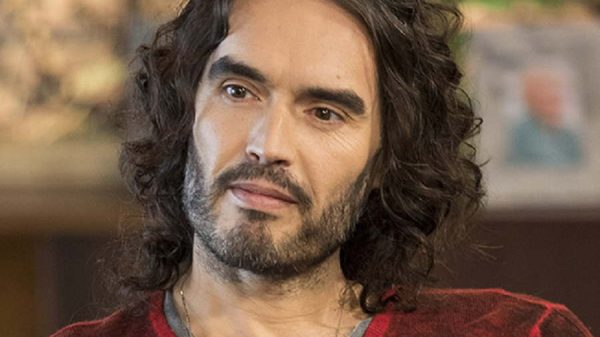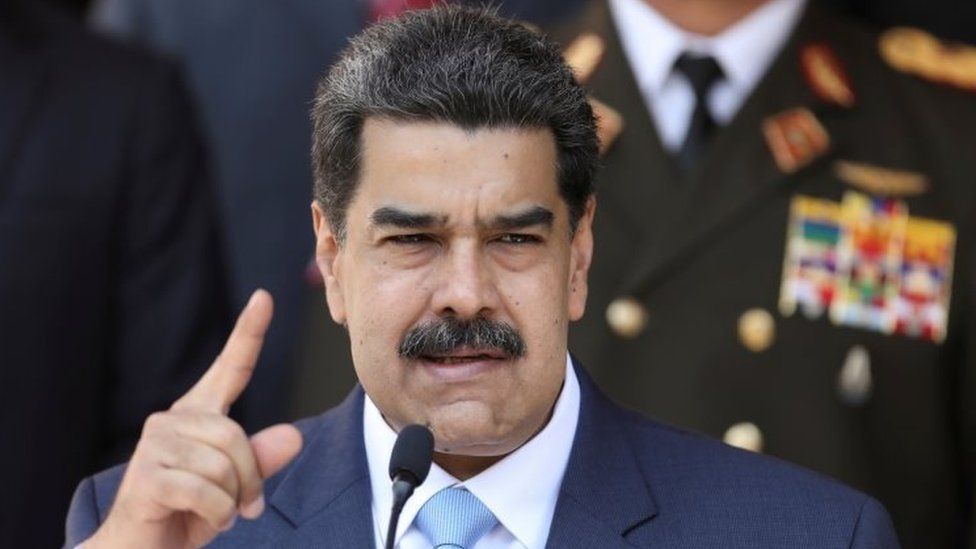By Roderick Navarro
The Venezuelan opposition led by María Corina Machado has achieved several important milestones in the fight for Venezuela’s freedom. First, they managed to advance a popular liberal-conservative government proposal against the chavista’s more radical socialism. Second, they succeeded in uniting the Venezuelan people in a campaign centered on faith and family, which allowed many who previously supported chavismo to now feel identified with and included in a different proposal for peace and reconciliation. Third, through a method of technical information gathering and popular organization to defend the vote, they managed to carry out the public counting of votes and subsequently safeguard the official records. In short, the country democratically and peacefully did everything necessary to achieve change.
However, the electoral authority controlled by Maduro was unable to commit its traditional fraud this time due to the significant level of opposition organization. They issued a result without a substantial tally of the votes or official records, as well as a hasty proclamation of the reelected dictator. Without the official publication of the results, chavismo told the world that they had won, even though their most important allies, like the Carter Center, could not support their claims. The Center had to leave Venezuela to issue its final report, which concluded that the election was not democratic and that the established Venezuelan legal norms had been significantly violated, among other abuses detailed in their report.
Before the election, Maduro had promised a bloodbath if he lost. Likewise, Diosdado Cabello, the president of the ruling party, PSUV, has reiterated that they would not leave power under any circumstances. In recent days, he has addressed the country with threatening and vulgar messages, ordering the systematic persecution of the people and direct physical aggression.
In response, the opposition political leadership has called for calm and continued mobilization while emphasizing international recognition of the newly elected president, Edmundo González Urrutia. The official records show that he won the elections cleanly.
In this scenario, it is essential for the new elected president and the accompanying political leadership to offer guarantees and amnesty to military personnel and police forces so they can counteract Maduro’s Leninist agenda against the Venezuelan people. Chavismo has already killed 17 people at the time of writing this text, imprisoned over 1,000, and is advancing in the construction of two Caribbean gulags to re-educate opponents. They are abducting election witnesses and have created mechanisms to pursue and detain all those who participated in recent demonstrations. Additionally, they are arbitrarily checking people’s phones on the streets to arrest them if they have photos or videos of the protests against Maduro. Is this not a more radical totalitarianism than Castro’s in Cuba or Ortega’s in Nicaragua?
Dissent within the Venezuelan Armed Forces and police forces in favor of respecting the national constitution, in a civil-military-police union, could end Maduro’s tyrannical socialist regime. Chavismo has lost the chance to negotiate their exit with more benefits: today, they have too much to concede due to the damage, criminality, and violence they have inflicted in recent days.
Roderick Navarro (https://x.com/rodericknavarro?s=21) is a political analyst based in Brazil focusing on international affairs in Latin America and beyond. He is also the CEO of Iberoanalisis (https://www.iberoanalisis.com), a global geopolitical research and analysis firm.




















